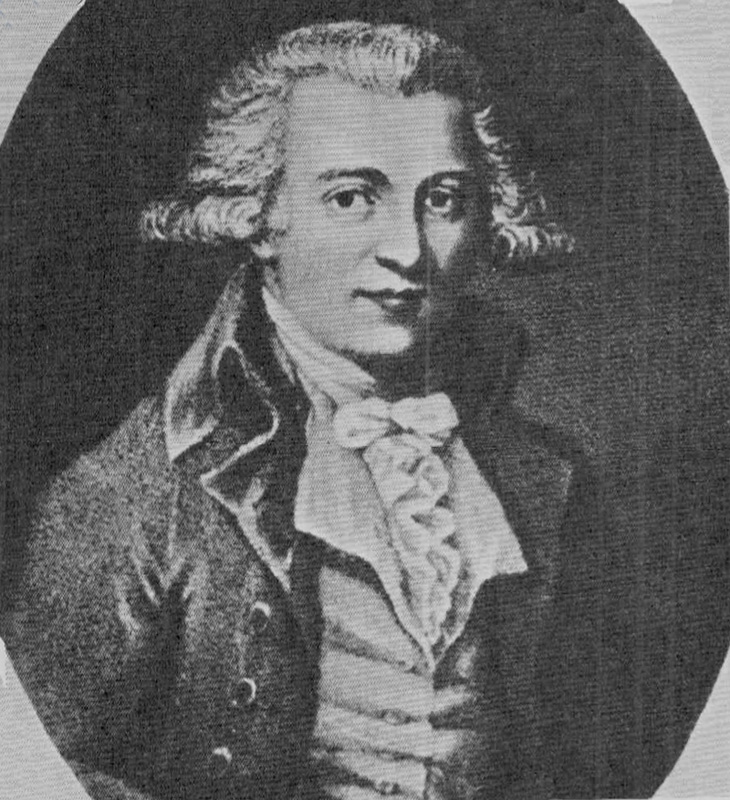
HISTORICAL EVENTS THAT TOOK PLACE ON THIS DAY IN CANADA
7 December

Samuel Hearne (1745-1792)
Hearne Begins Trip
Some of Canada’s most famous explorers made incredible trips during the coldest winter weather. After his unsuccessful visit to the Mandans in 1738, Pierre la Vérendrye walked from the Missouri River to what is now Portage La Prairie, facing into the north wind, in January, 1739. David Thompson snow shoed through the Rocky Mountains in January, 1811, in 20 below zero weather (see July 15) . Robert Campbell snowshoed 3,000 miles in 1852 to find a bride (see September 6). He liked to cut a hole in the ice and have a cold bath before setting out!
Young Samuel Hearne of the Hudson's Bay Company began an amazing trip from York Factory, Hudson Bay, on December 7, 1770, to see if there really was copper at the mouth of the Coppermine River, which flows into Coronation Gulf north of the Arctic Circle. Imagine beginning a trip from Hudson Bay in December! Hearne's company wanted more information about the interior, and he volunteered to go although he was only twenty-four years old. He tried first in 1769 with a small party of Indians as guides, and very little navigational equipment: only a compass, an old sea quadrant, a bottle of mercury, and a reflecting pan. After traveling about 200 miles the Indians stole his supplies, and left him to find his own way back to York Factory.
He made another effort in February, 1770, and had gone about 500 miles when he broke his quadrant and had to return. In December the same year, he began a trip that lasted two years and seven months. During this time he discovered Great Slave Lake, proved that there was no great river running through Canada to the Pacific, and also that there was no copper at the mouth of Coppermine River. It is possible that even today no white man has traversed the country covered by Hearne except from airplanes. He made another trip west in 1774 and founded Cumberland House on the Saskatchewan River.
The success of Hearne's trip to the Arctic was due in part to a remarkable Indian called Matonabbee, who brought along eight wives! They were big and strong, and carried the heavy loads. They did the work in the camps while Hearne and Matonabbee were hunting for food.
OTHER NOTABLE EVENTS ON THIS DAY IN CANADIAN HISTORY
7 December
-1649 The Iroquois took the Huron mission of St. Jean and murdered Fathers Garnier and Chabanel.
-1729 The Mississauga Indians ceded 3 million acres comprising present-day Norfolk, Haldimand, and Wentworth counties of Ontario.
-1899 Hugh John Macdonald, son of Sir John A. Macdonald, led the Conservatives to victory in the Manitoba election and became premier.
-1941 Canada declared war on Japan, Finland, Hungary, and Romania following the Japanese attack on Pearl Harbour, Hong Kong, and other bases. The United States and Britain did not declare war until the following day.